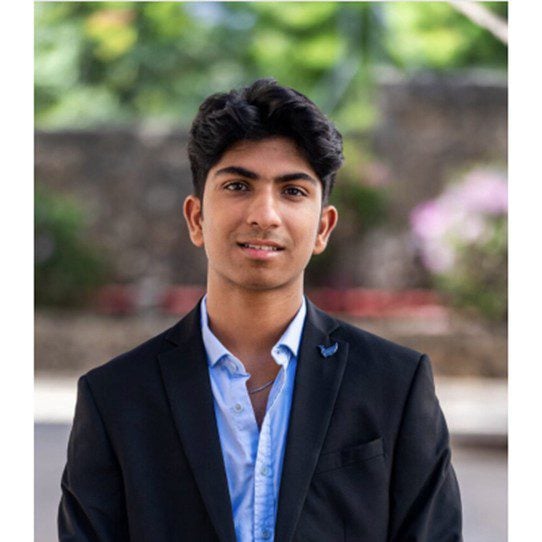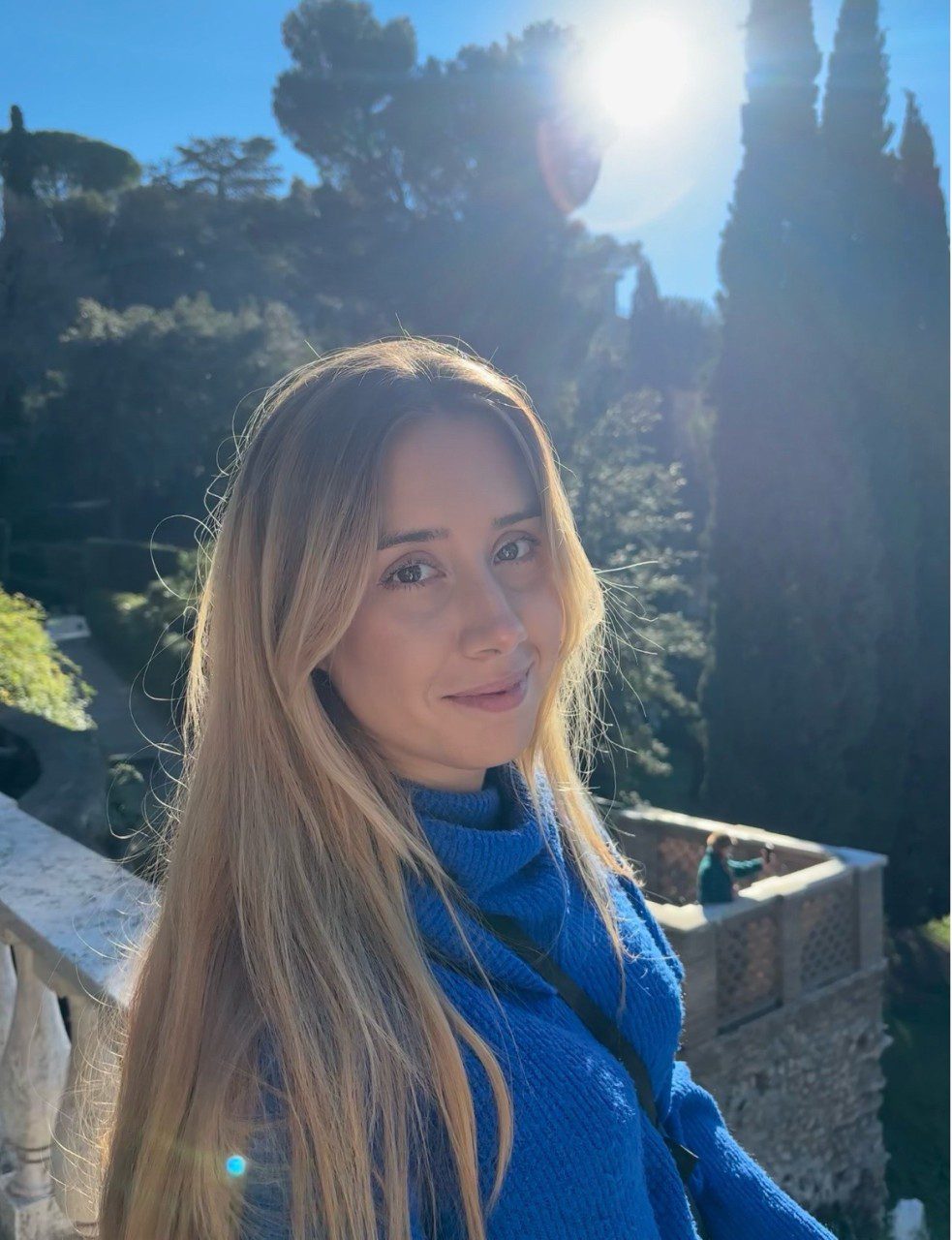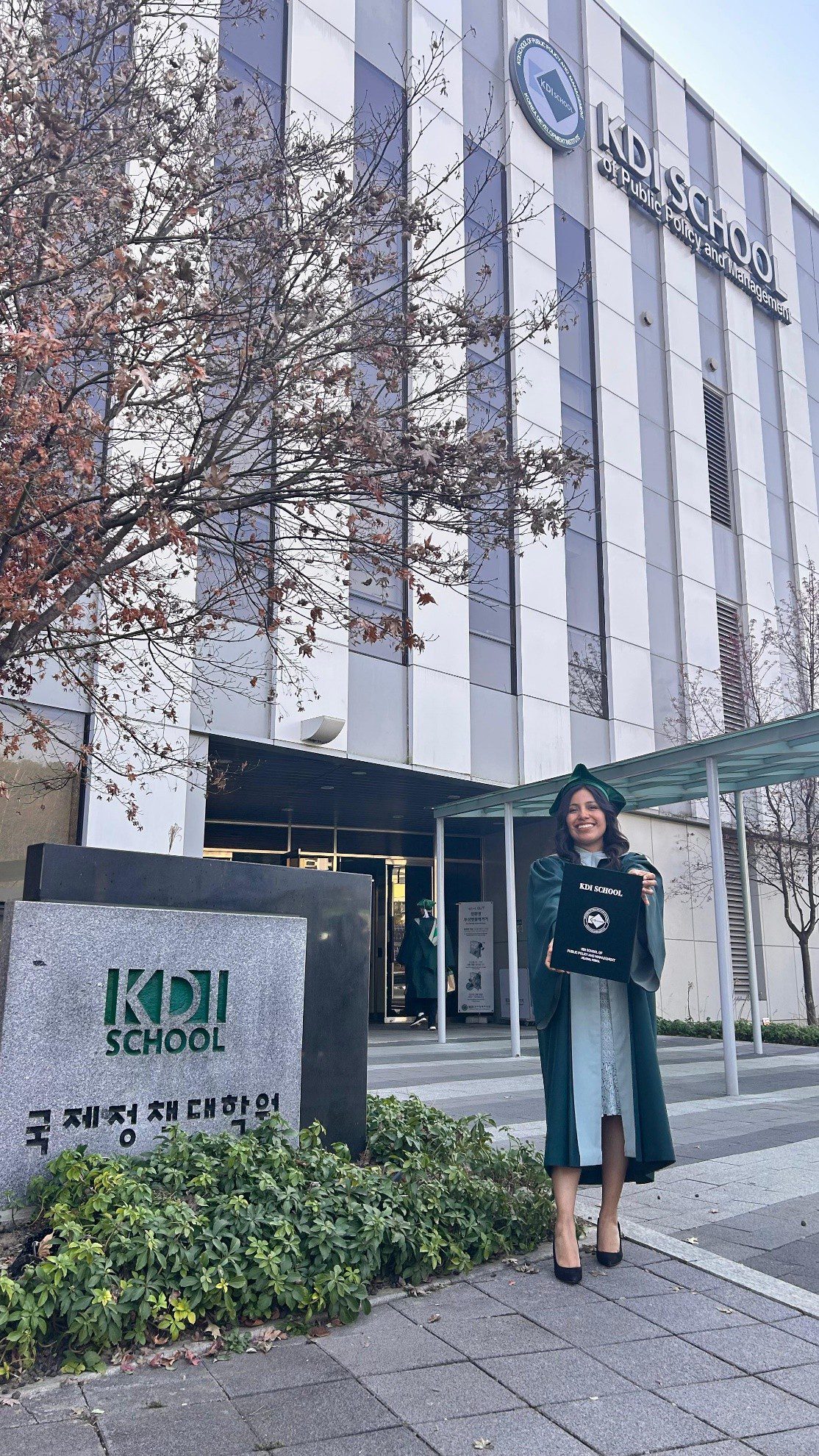How a Filipino Environmental Scientist Earned the Fully Funded Erasmus Mundus Mobility Grant and DOST Foreign Graduate Scholarships in Environmental Contamination and Toxicology
University: University of Pau and the Adour Region (France), University of Porto (Portugal), University of the Basque Country (Spain)
Degree: Erasmus Mundus Joint Master’s in Environmental Contamination and Toxicology (ECT+)
Previous Education: Bachelor of Science in Environmental Science – Surigao del Norte State University, Philippines
Scholarship: Erasmus Mundus (Mobility Funding Only) + DOST Foreign Graduate Scholarship – Fully Funded
Social Media
LinkedIn: linkedin.com/in/lizlitcabag/

The Journey
I am Lizlit C. Cabag, my friends call me Liz, and I’m from the Philippines. I was part of the Erasmus Mundus Joint Masters Degree in Environmental Contamination and Toxicology (ECT+, now ECT One Health). My first semester was in Université de Pau et des Pays de l'Adour (France), followed by a semester at Universidade do Porto (Portugal), and a semester in Universidad del País Vasco (North of Spain). I conducted my thesis with Centro Interdisciplinar de Investigação (Portugal).
Educational Background
Prior to my Erasmus journey, I did my Bachelor of Science in Environmental Science at Surigao del Norte State University in Surigao, Philippines. Afterwards, I was exposed to working in the government, involving research and environmental compliance. This gave me real-world training on the challenges faced by our local environmental conditions and has led me to challenge myself to explore this academic track. The exposure I had has equipped me to deal with various personalities, deal with environmental policies, and assess environmental monitoring data.
How Did You Prepare to Apply for the Erasmus Mundus Scholarship?
Erasmus Mundus is a dream; it’s one of the most prestigious mobility master's scholarships that allows students from all over the world to study and to be trained by a minimum of two universities, which is why it was an obvious choice for me. It took me a while to decide which program to choose. First was the review of the EMJMD Catalogue of courses, deciding the top 3 programs I want to apply to. Each program has a different process and procedure, so each must be followed accordingly. I complied with the requirements, bearing in mind the timeline and the documents needed for the program; hence, I was preparing for almost 6 months prior to the deadline of program applications.
I got shortlisted for the program; however, they only have one allocation for the Philippines, so they offered a mobility scholarship (not the whole scholarship), thus, I must get another funding. And so, I applied for the DOST Foreign Graduate Scholarship and got approved for master's studies funding.
Could You Briefly Discuss the Erasmus Mundus Program You Pursued and the Specific Field of Study It Focused On?
ECT+ is a multidisciplinary program that equips students for environmental and health research and enhances team collaborations. It also trains students to communicate with environmental scientists and technologists of diverse expertise, facilitate communication between co-workers (e.g., lawyers, civil engineers, and ecotoxicologists), and promote synergies. Within the program, the student has the freedom to choose the specific field of study he/she want to focus on. On my part, I navigated more towards environmental monitoring, ecotoxicology, and environmental microbiology given that my thesis focused on rhizosphere bacterial communities, and harnessing their potential for metal-assisted phytoremediation of digestate-amended soils. The testing included a library of key microorganisms, employing both culture-dependent and independent methods.
How Did the Cost of Living Vary Across the Countries You Studied In? Which Country Was the Most Affordable or Expensive, and How Did You Manage Financially?
The living costs and situation of the countries I chose (France, Portugal, and Spain) were student-friendly. I think the most affordable country was Portugal, with half the price of beer compared to France, and other goods. The most expensive was France, but they are very student-friendly too. They give monetary help for student accommodation through CAF, insurance, and also for transportation.
Did You Face Any Language Barriers, and if So, How Did You Overcome Them? Did the Language of Instruction Change From One Country to Another?
Lessons were mostly taught in English, so I was able to catch up, though at first the diction and pronunciation differed a lot. We also had free language lessons included in our university enrolment. I guess the very thing that helped me cope was to immerse myself in the country’s language. Simple acts like speaking in the local language in the grocery stores, learn basic greetings, and immersing in their culture.
Would You Recommend the Erasmus Mundus Program to Others? What Advice Would You Give to Someone Considering This Scholarship?
It was such a turning point in my life, two years of navigating a new culture and identities that truly changed some of life’s perspectives, so I would recommend it. My advice is for people to simply try, and when you get in, be open without losing your own identity. Lastly, to have a life fully lived during Erasmus.
Looking Back, Would You Have Done Anything Differently During Your Time in the Program?
I didn’t have regrets, I was able to have personal encounters with each of my classmates, and I was able to enjoy each moment while it lasts, either academically or personally.
Want to submit your
scholarship journey?
Submit Your Story Here!
More Scholarship Recipients

My name is Arsh Dharani, and I am an international student originally from the Democratic Republic of the Congo (DRC). I am .... Read more

Hi! My name is Arawa. I’m a Marie Skłodowska-Curie PhD researcher working on AI-based neuroimaging biomarkers for Parkins .... Read more

Hello! My name is Alexandra Eras, and I am from Ecuador. I studied Economics and completed a major in Gender, Violence, and .... Read more

Leave A Comment